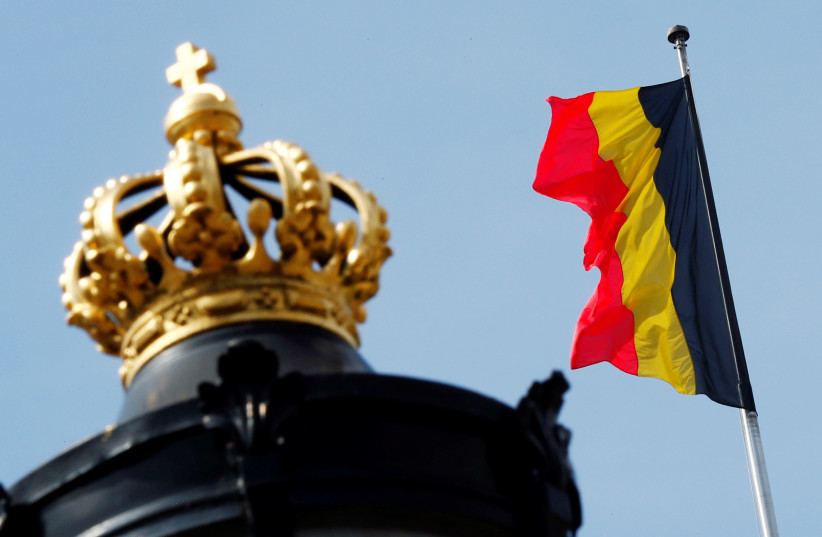Belgian lawmakers gave initial approval to a prisoner-swap treaty that would release an Iranian diplomat convicted of planning to bomb an anti-regime rally in France.
The vote on the deal took place on Wednesday in the Foreign Relations Committee of Belgium’s lower house of parliament, after a two-day debate. The full chamber is expected to hold a final vote in the next two weeks.
If the treaty is approved, Belgium will release Assadollah Assadi, who was sentenced to 20 years in prison in 2021 after plotting to bomb a rally of the exiled opposition group, the National Council of Resistance of Iran, near Paris in 2018.
The treaty’s supporters say it could secure the release of Belgian aid worker Olivier Vandecasteele, detained in Iran in February. His arrest was first reported in Belgian media this week, and he is said to be in declining health.
Brussels University Professor Ahmadreza Djalali, who has dual Iranian-Swedish citizenship, has also been held by Iran since 2016 on trumped-up charges of espionage.

“People’s lives are at stake,” said Belgian Justice Minister Vincent Van Quickenborne, calling the treaty a “moral duty.”
Belgian lawmaker Michael Freilich said that “Belgium is making a grave mistake by yielding to blackmail, and I think we are opening the gates to hell by signing this treaty with the devil.”
"Belgium is making a grave mistake by yielding to blackmail and I think we are opening the gates to hell by signing this treaty with the devil"
Michael Freilich
Freilich pointed out that Iran is “the world’s largest sponsor of state-sponsored terrorism that does not shy away from attacking innocent human beings in their own country, the Middle East and also in Europe.”
The MP expressed concern that if the treaty is approved, Iran will continue to use Europeans as bargaining chips.
“Iran will know it can act with impunity, because if its people who work under diplomatic cover get caught, they always have the possibility to come back to their country through these swaps, this blackmail,” he said.
“Instead of yielding, I say to Europe: reconsider all of your relations with Iran, and up all the sanctions [on] that country, financial economic, etc., just like we’re doing with Russia.”
US Senate Foreign Relations Committee chairman Robert Menendez (D-NJ) tweeted that “a Belgium-Iran treaty must uphold Belgium’s international obligations and cannot grant impunity to Assadollah Asadi or any other actor responsible for human rights violations and heinous acts of terrorism. Iran must be held to account for backing terrorism and taking hostages for leverage.”
A bipartisan group of 13 members of the US Congress wrote to Belgian Prime Minister Alexander de Croo, urging him not to release Assadi.
“We applaud the heroism and ingenuity of the Belgian government, first, in preventing a heinous tragedy and subsequently in holding to account the reprehensible perpetrators of this dastardly plot executed under the cover of diplomatic immunity as a testament to the rule of law and a commitment to ridding the world of the scourge of terrorism,” they wrote.
“Therefore, we implore you to uphold these precious principles and reject any cynical ploy by Iran’s current diplomats to trade terrorists for dubiously detained Belgians,” they said.
Amnesty International also expressed concerns that the bill may not be consistent with international human rights law.
“In particular, the bill should include adequate judicial safeguards to prevent the treaty being used to grant impunity for state officials and agents responsible for serious human rights violations and crimes under international law,” the London-based rights group said.
Reuters contributed to this report.
